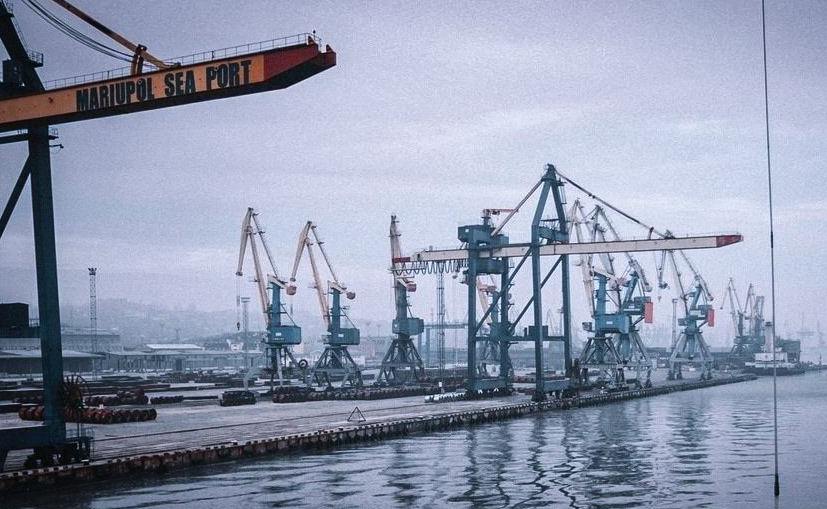Russian attacks on railways are aimed at disrupting supplies to ports, — Leshchenko

A member of the supervisory board of JSC Ukrzaliznytsia spoke about the consequences of the attacks and new measures of Ukrzaliznytsia.
Russian strikes on the railway have a clear goal – to disrupt Ukraine’s logistical ties with the Black Sea ports and create additional risks for exports. This was stated by Serhiy Leshchenko, a member of the company’s supervisory board, in an interview with Glavkom.
According to him, Russian troops are systematically attacking traction substations and railway depots that provide cargo supply routes to the south – towards the Odessa region and the Danube ports. These strikes are aimed at disrupting the delivery of agricultural products and metal to the ports through which a significant part of Ukrainian exports pass.
“The enemy is destroying, first of all, traction substations so that trains cannot move on electric traction and are forced to switch to diesel, which is three times more expensive. This creates serious problems, as logistical threads are cut off, in particular those leading to the ports of the Odessa region,” Leshchenko explained.
One of the latest cases was the attack on the railway depot in Hrebinka (Poltava region), where locomotives were serviced and a traction substation was located. Despite significant damage, UZ quickly restored traffic, preventing the suspension of cargo routes.
Leshchenko emphasized that Ukrzaliznytsia plays a key role in supporting exports through the Black Sea and Danube ports, so the recovery system after attacks is a priority.
“Regardless of the situation, the railway performs its functions. Our ability to quickly restore traffic shows the company’s resilience, but this is precisely what can encourage the enemy to strike even harder,” he noted.
Earlier, USM reported that the Russian Federation has launched more than 800 attacks on logistics, ports, and railways since the beginning of the year.





